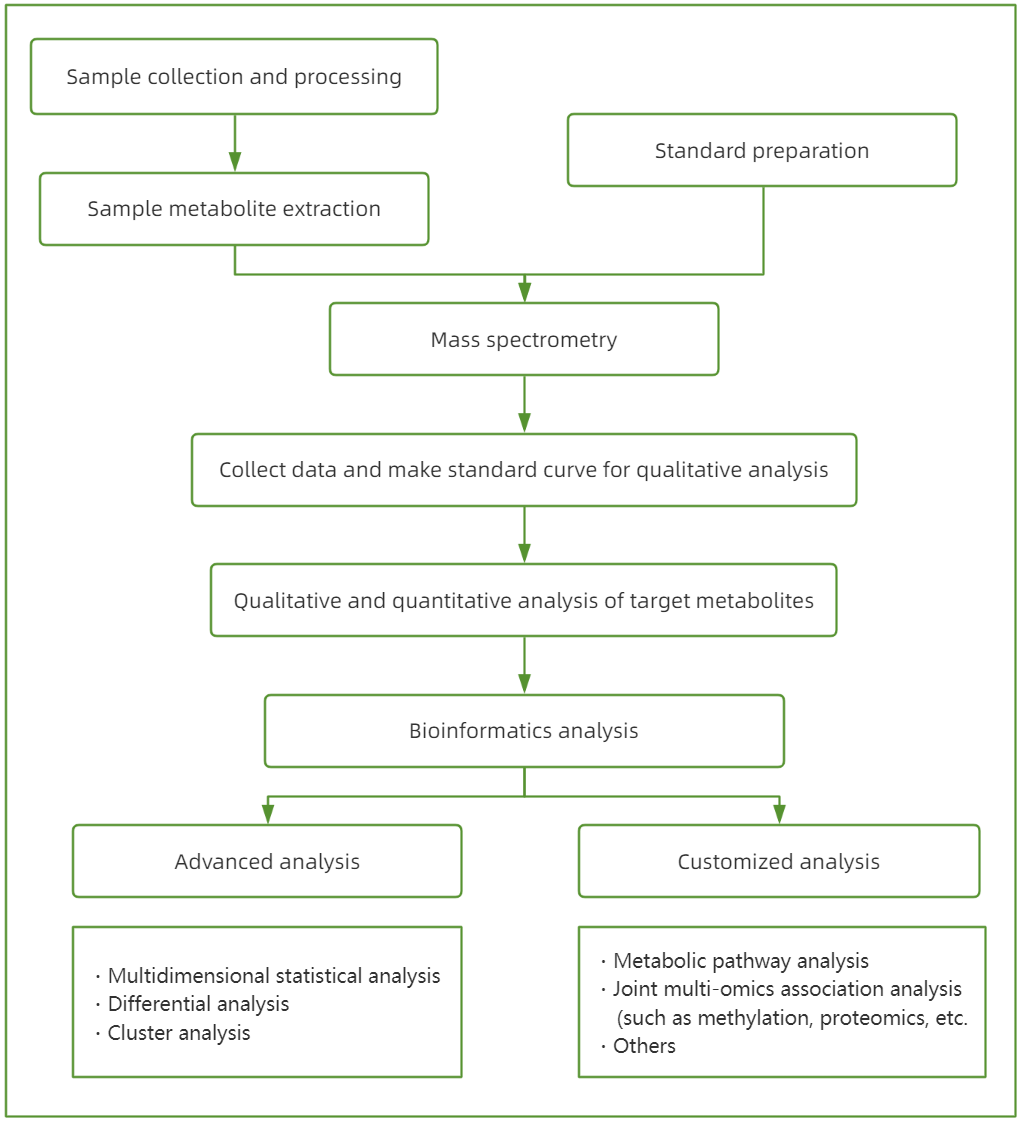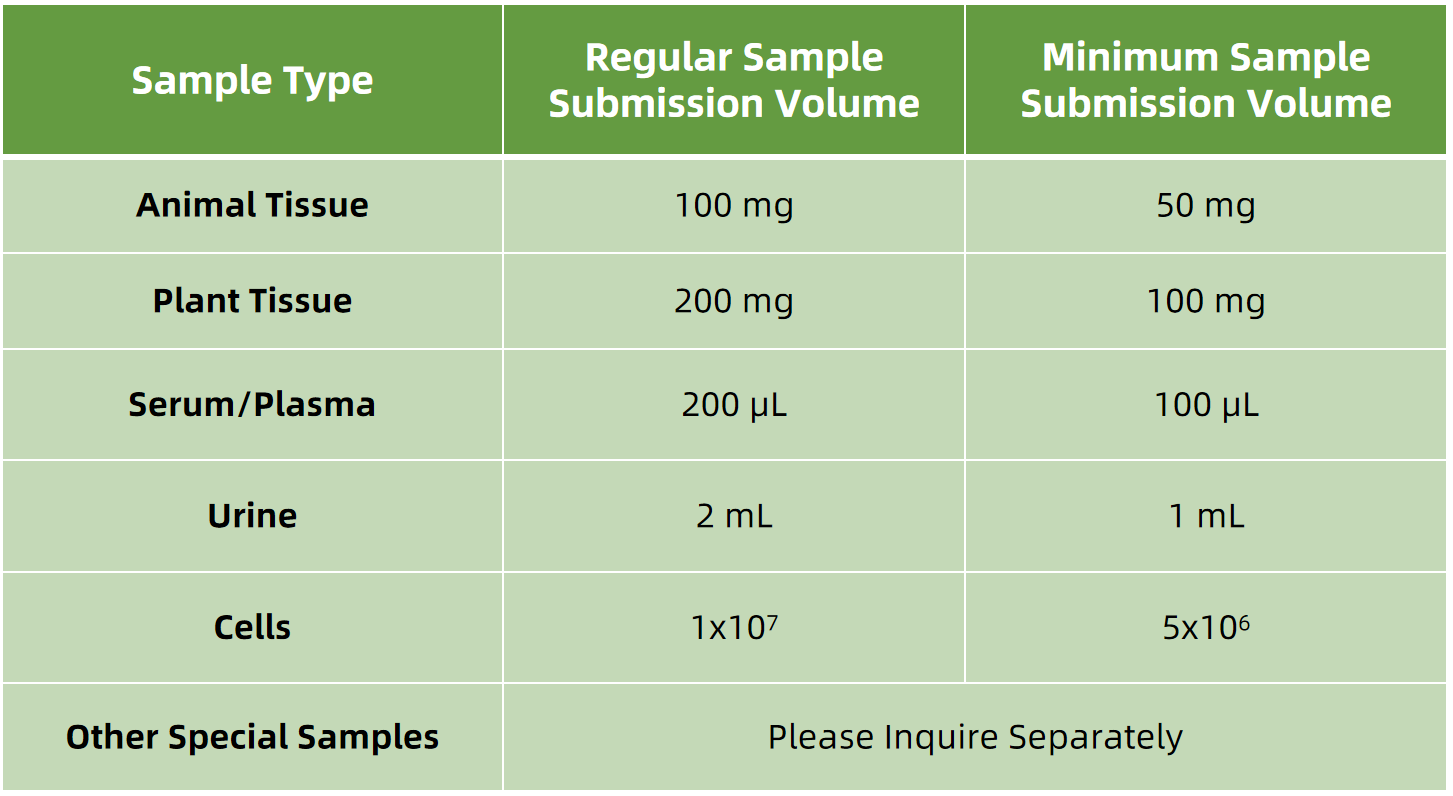Vitamin B3/Niacin Analysis Service
Vitamin B3, also known as niacin, encompasses a family of vitamins consisting of three forms: niacin (nicotinic acid), nicotinamide (niacinamide), and nicotinamide riboside. Within the body, these forms are converted into nicotinamide adenine dinucleotide (NAD), an essential coenzyme for human life. Without adequate intake of either vitamin B3 or tryptophan, the body cannot synthesize NAD. A severe deficiency of vitamin B3 can lead to pellagra, which is characterized by symptoms such as diarrhea, sun-sensitive dermatitis (including hyperpigmentation and skin thickening), inflammation of the oral cavity and tongue, as well as neurological issues like delirium and dementia. If left untreated, this condition can be fatal. Common psychiatric manifestations include irritability, difficulty concentrating, anxiety, fatigue, memory impairment, restlessness, apathy, and depression. Consequently, precise quantification of nicotinic acid is crucial for nutritional studies and clinical applications.

Figure 1. Molecular Structure of Vitamin B3
MtoZ Biolabs offers Vitamin B3/Niacin Analysis Service using high performance liquid chromatography-mass spectrometry (HPLC-MS). This advanced method combines the separation capabilities of HPLC with the detection power of MS, ensuring high sensitivity and specificity in vitamin B3 detection.
Analysis Workflow

Service Advantages
1. High Sensitivity
The methods employed by MtoZ Biolabs are capable of detecting low concentrations of nicotinic acid, making them suitable for analyzing complex sample matrices.
2. Rapid Analysis
The optimized processes significantly shorten analysis times, enhancing experimental efficiency.
3. Accuracy of Results
The integration of HPLC and MS minimizes analytical interferences, thereby improving the reliability of results.
Sample Submission Requirements

Applications
1. Clinical Testing: Evaluating vitamin B3 levels in patients and diagnosing potential nutritional deficiencies.
2. Nutritional Research: Investigating the effects of dietary intake of vitamin B3 on overall health and exploring its physiological roles.
3. Drug Development: Monitoring the metabolic pathways of vitamin B3 during the development of new pharmaceuticals and assessing their efficacy.
4. Food Industry: Testing the vitamin B3 content in food products and dietary supplements to ensure quality and safety.
MtoZ Biolabs looks forward to collaborating with you to advance research related to vitamin B3. For further information, please feel free to contact us.
How to order?







